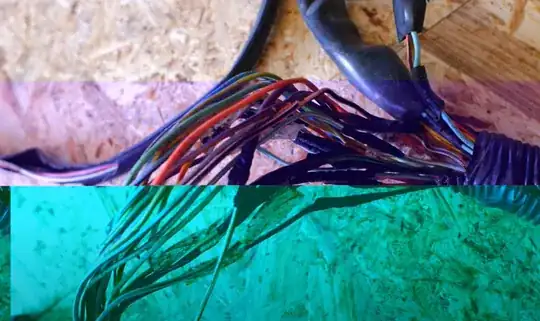I've been a musician composer for over 15 years, and I have to manage a growing body of works, in .wav format, and I would like to be able to find the best way to archive them while still being able to access them easily. In terms of space it will take a few TB, on this side it is not a problem. The difficulty is that I want to make sure that my files won't move one iota in, say, 100 years (until I die). But I fear that my wav files, which are raw files, binary stream, are sensitive to bit flipping, and that it is always possible to read them without knowing if the file could have been altered.
What I'm considering is to buy a Synology brand NAS, and install ECC RAM on it, as it's possible on some models. Do you think this is useful or am I completely wrong about how data is handled at the disk level?
I obviously have several copies of the backups, following the golden rule of three backups including one remote.
My questions are:
Does the ECC memory provide an advantage for HDD disk storage left on for a very long term?
Does the bit-by-bit comparison of two files give 100% certainty that two files are identical?
